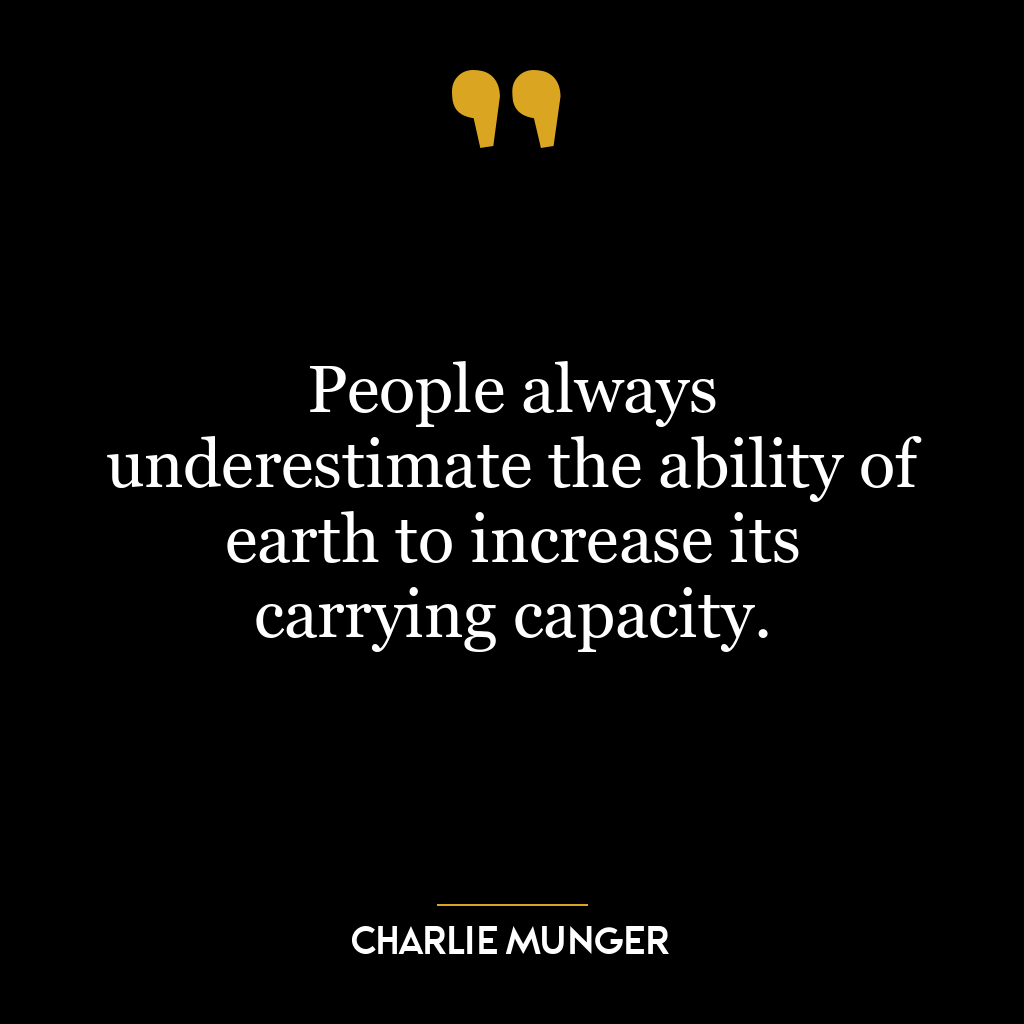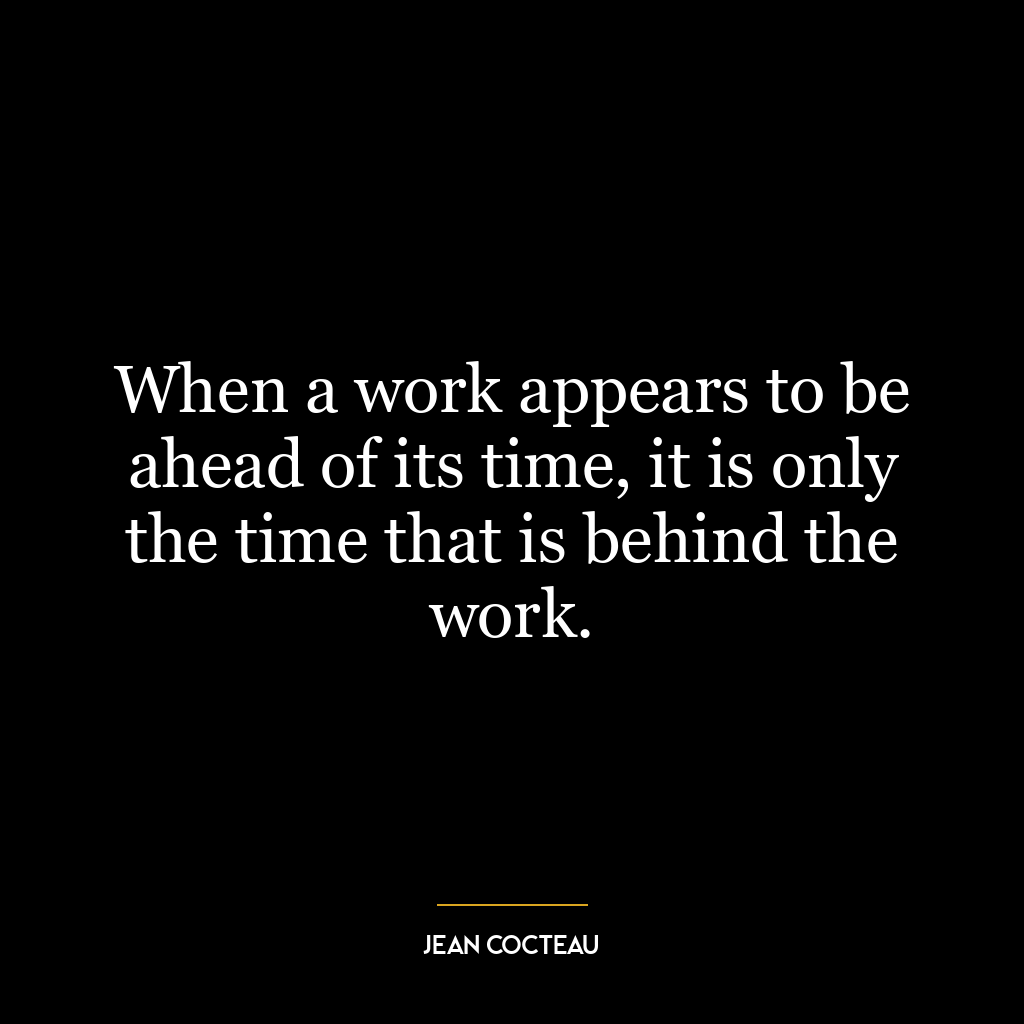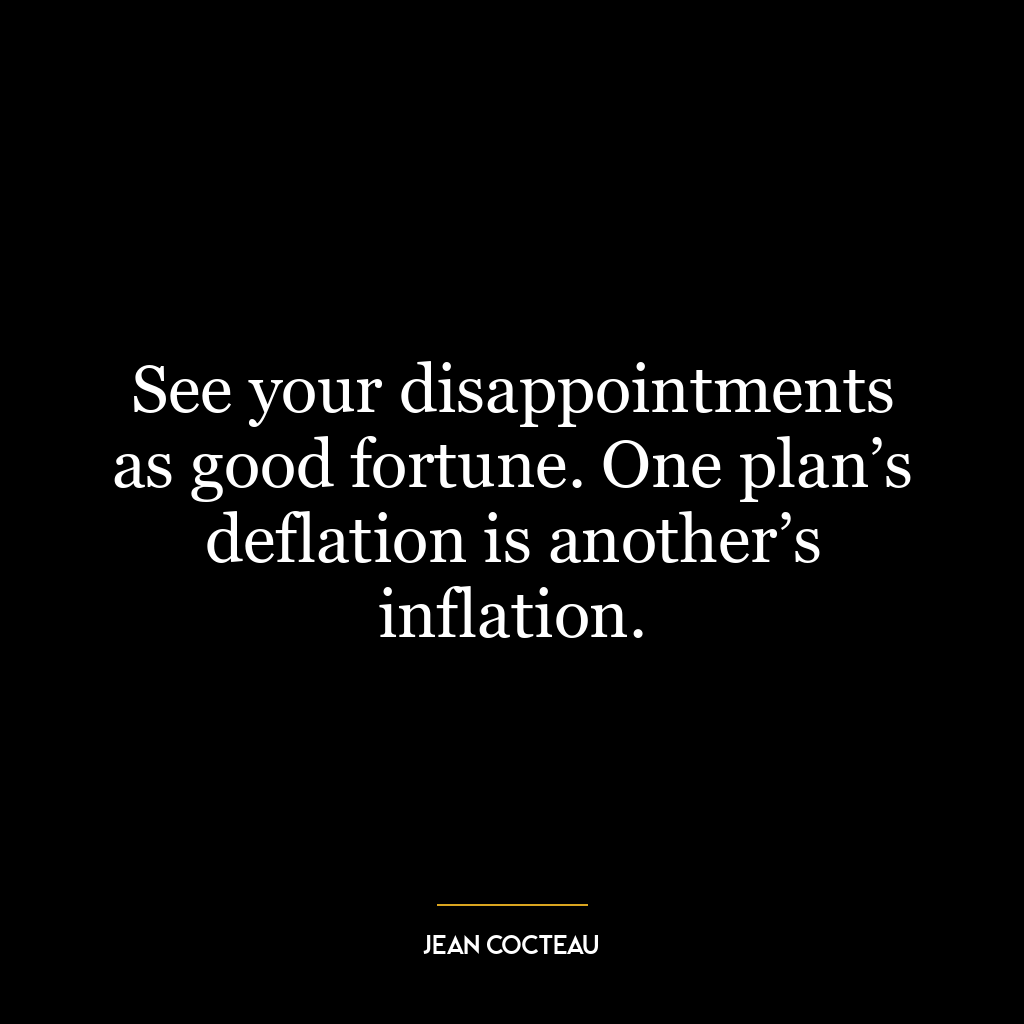This quote emphasizes the importance of focusing on the future rather than dwelling on the past. It suggests that once a certain point in life has passed, there’s no use worrying or regretting about it because it’s impossible to go back and change what has happened. Instead, one should concentrate on finding the best way to move forward.
In essence, it’s about acceptance and resilience. Acceptance of the fact that the past, with all its mistakes and failures, can’t be undone. Resilience to keep moving forward despite the setbacks. It’s about choosing to learn from the past and using those lessons to make better decisions in the future.
Applying this idea to today’s world, we often find ourselves in situations where we are unable to change the past. This could be anything from a failed business venture, a lost job, a broken relationship, or even global events like the current pandemic. In such scenarios, worrying about what could have been done differently doesn’t change the situation. Instead, it’s more productive to focus on what can be done now and how to move forward from here.
In the context of personal development, this quote can be a powerful mantra. It encourages us to not dwell on past failures or mistakes, but to use them as stepping stones to grow and improve. For instance, if one has failed in a project, instead of dwelling on the failure, they can analyze what went wrong, learn from it, and use that knowledge to improve their future projects. This way, they’re moving forward in the best possible way, turning a setback into an opportunity for growth.
In conclusion, the quote is a reminder that the past is a place of reference, not residence. The focus should always be on how to make the most of the present and future.









